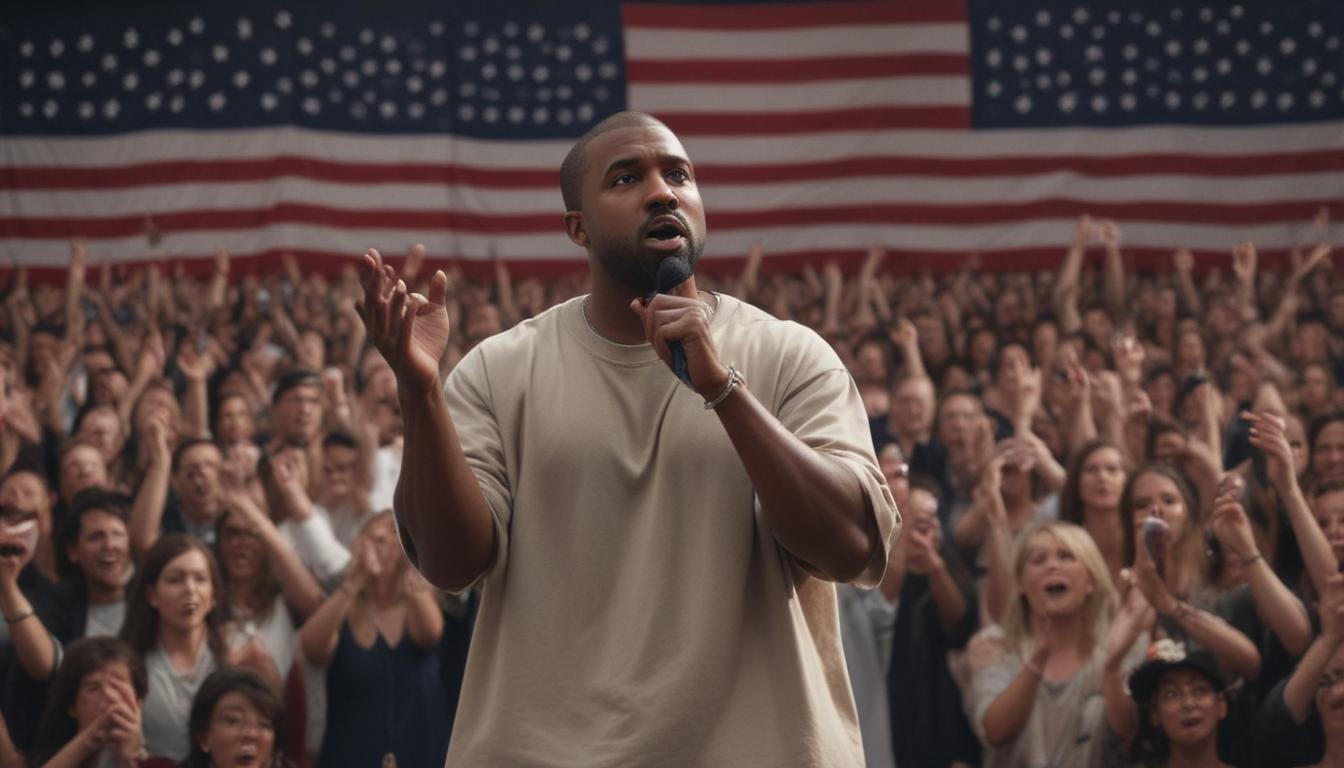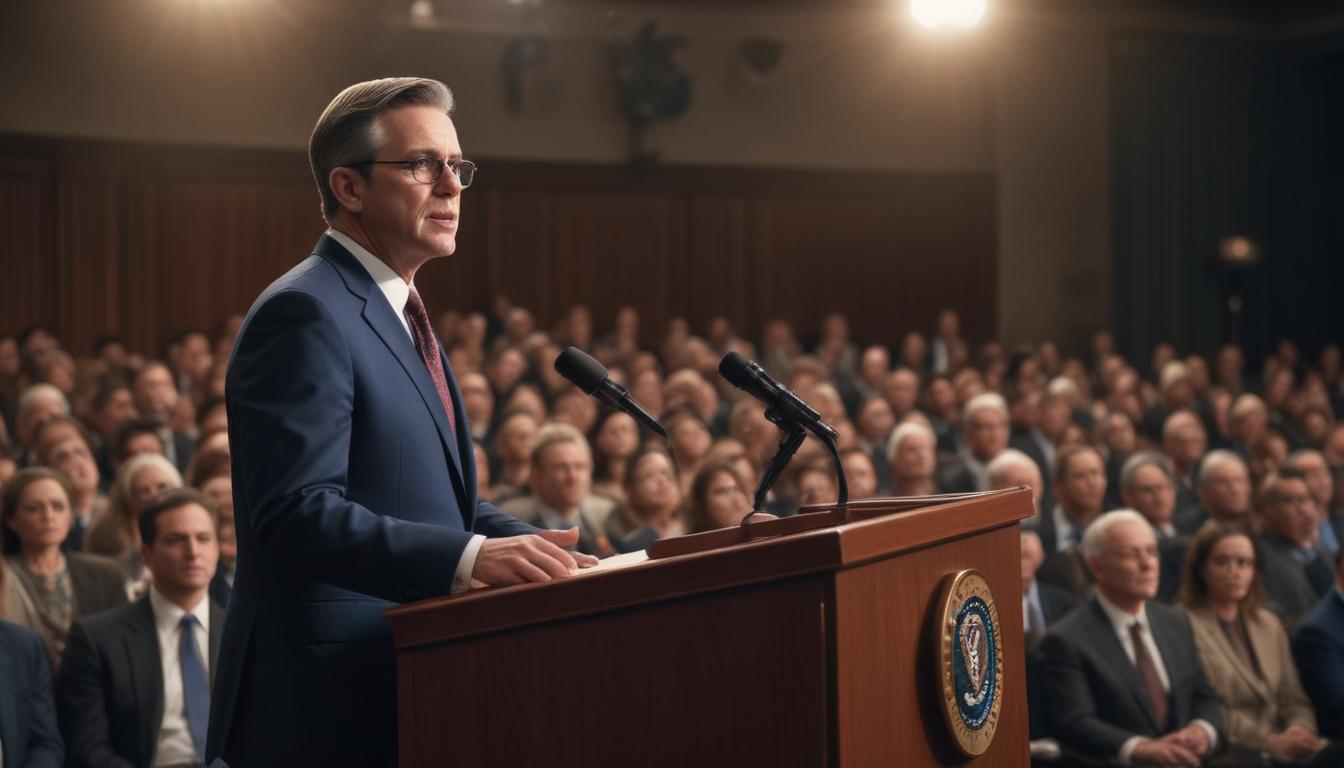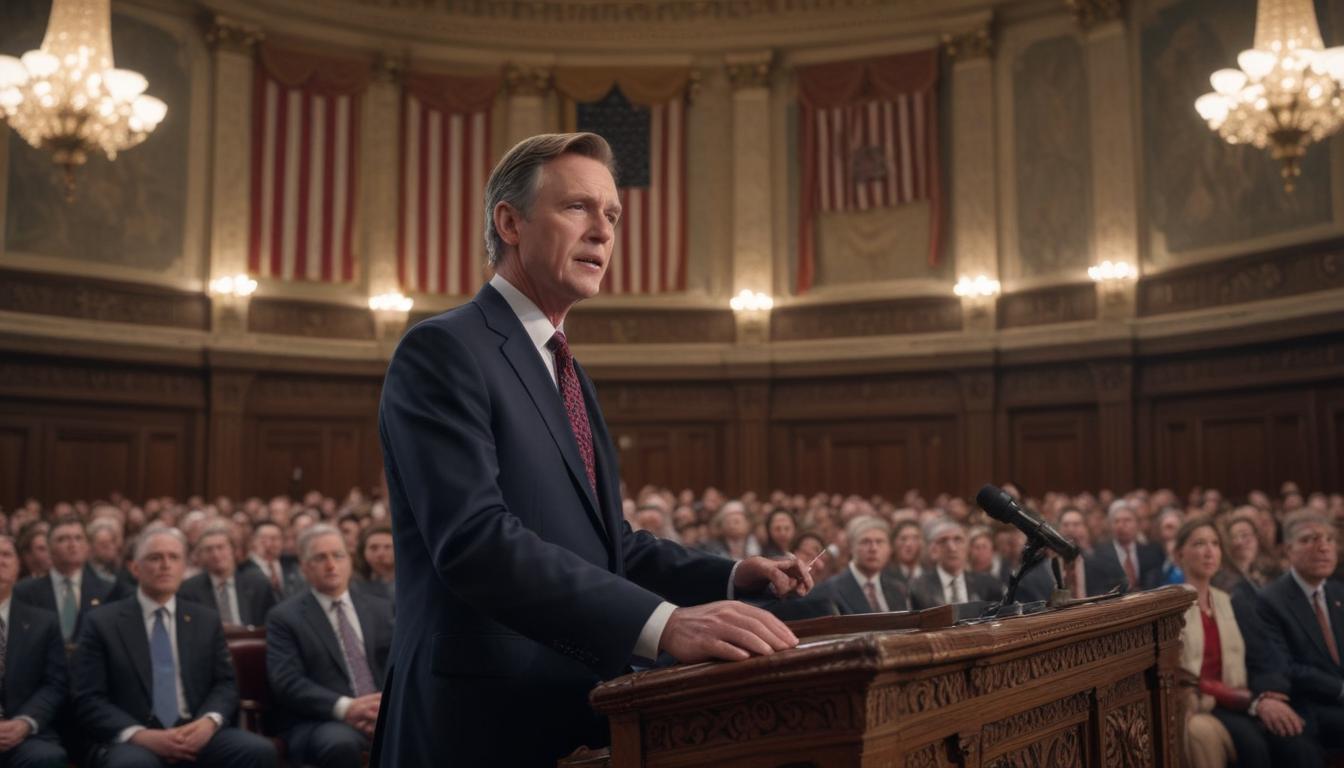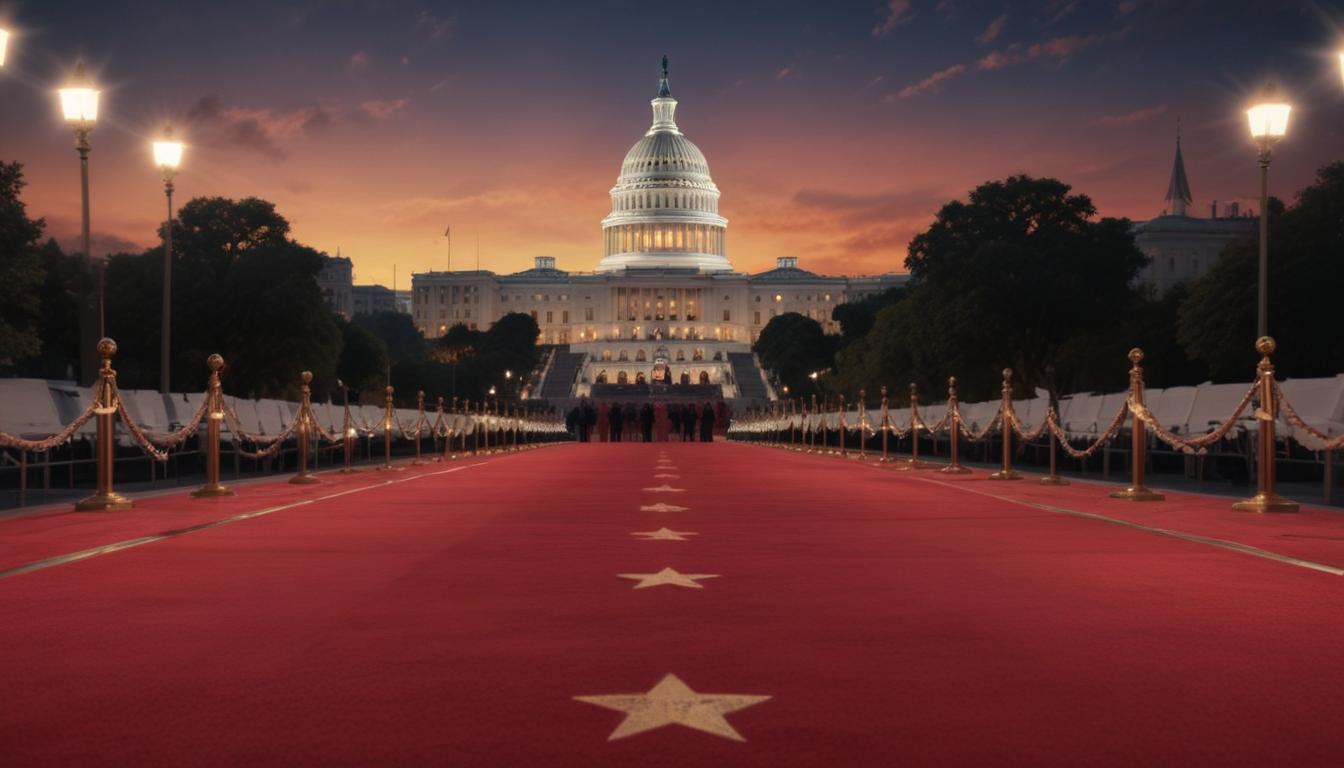Celebrity and politics have always shared a complex relationship in the U.S., but no figure has pushed the boundaries like Kanye West. With his unconventional approach to political activism and bold claims about industry manipulation, Kanye has sparked new conversations on the influence of entertainers in politics. Could Kanye’s strategies signal the dawn of a new era in celebrity-led political movements?
The Intersection of Fame and Politics
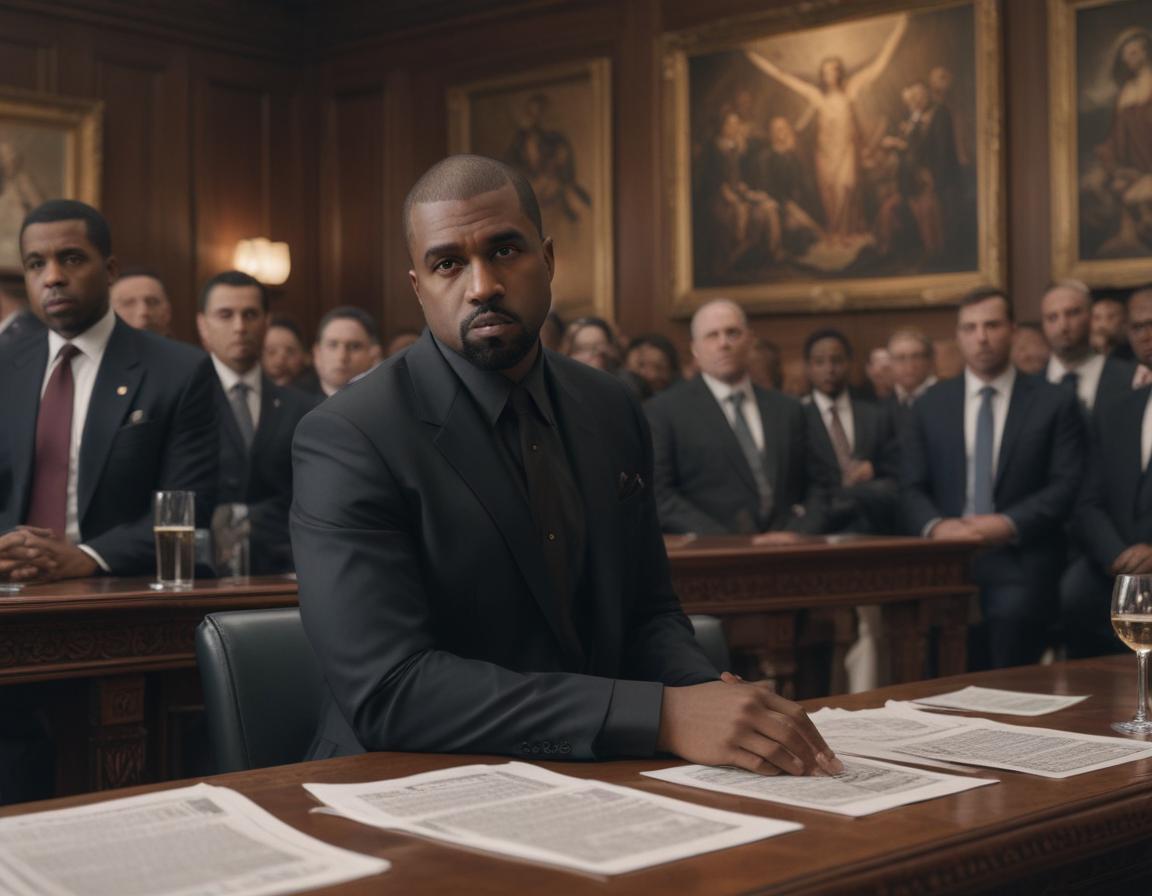
From reality show stars running for office to musicians speaking on pressing societal issues, America has often blurred the lines between entertainment and politics. However, Kanye West has taken this convergence to an entirely new level. Known for his audacious personality and innovative artistry, Kanye has initiated discussions that transcend music and traditional celebrity activism.
His infamous 2020 presidential bid wasn’t just a campaign; it was a statement urging the world to look deeper into celebrity influence within our political system. Standing apart from most musical icons who rally behind specific causes, Kanye positions himself as a vocal disruptor questioning the very core drivers of societal and political norms.
His approach, as captured in the viral video where he “exposes” prominent figures, reveals his desire to spotlight the interconnectedness of fame, industry, and power. This intertwining of performance and activism delivers both intrigue and controversy, sparking intense public discourse. But beyond the captivating headlines, there lies an essential question—could Kanye’s actions lay the groundwork for a new political landscape molded by outrage and viral moments?
Disrupting the System: Kanye’s Unfiltered Activism
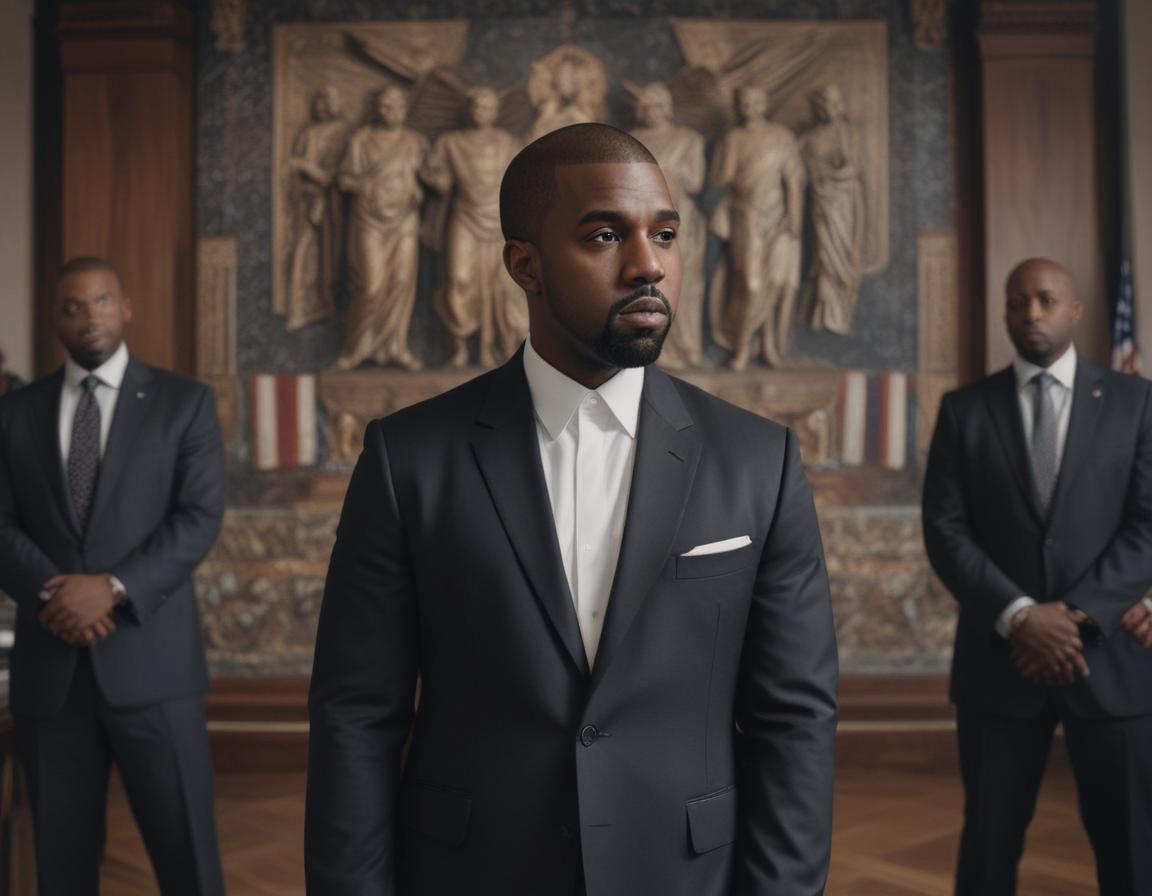
Kanye West’s method of political engagement is anything but conventional. Unlike polished celebrity campaigns focusing on single issues, Kanye casts a wider net, aiming at systemic structures themselves. Taking to platforms like YouTube, he boldly claims that influential artists, such as Jay Z and Cardi B, are complicit in suppressing revolutionary voices to uphold industry norms.
His unfettered criticism of power structures invites both admiration and skepticism. While some question his motives—whether they stem from genuine concern, self-promotion, or chaos—his methods are undeniably transformative. By rejecting traditional decorum and embracing raw, unfiltered storytelling, Kanye challenges audiences to re-examine conventional narratives.
Through social media platforms, Kanye galvanizes discussion on political awakening. His strategies emphasize transparency and expose the flaws within industry power dynamics. Whether polarizing or innovative, Kanye’s bold activism ensures that his message cannot be ignored.
Direct-to-Audience Strategy: Kanye’s Communication Blueprint
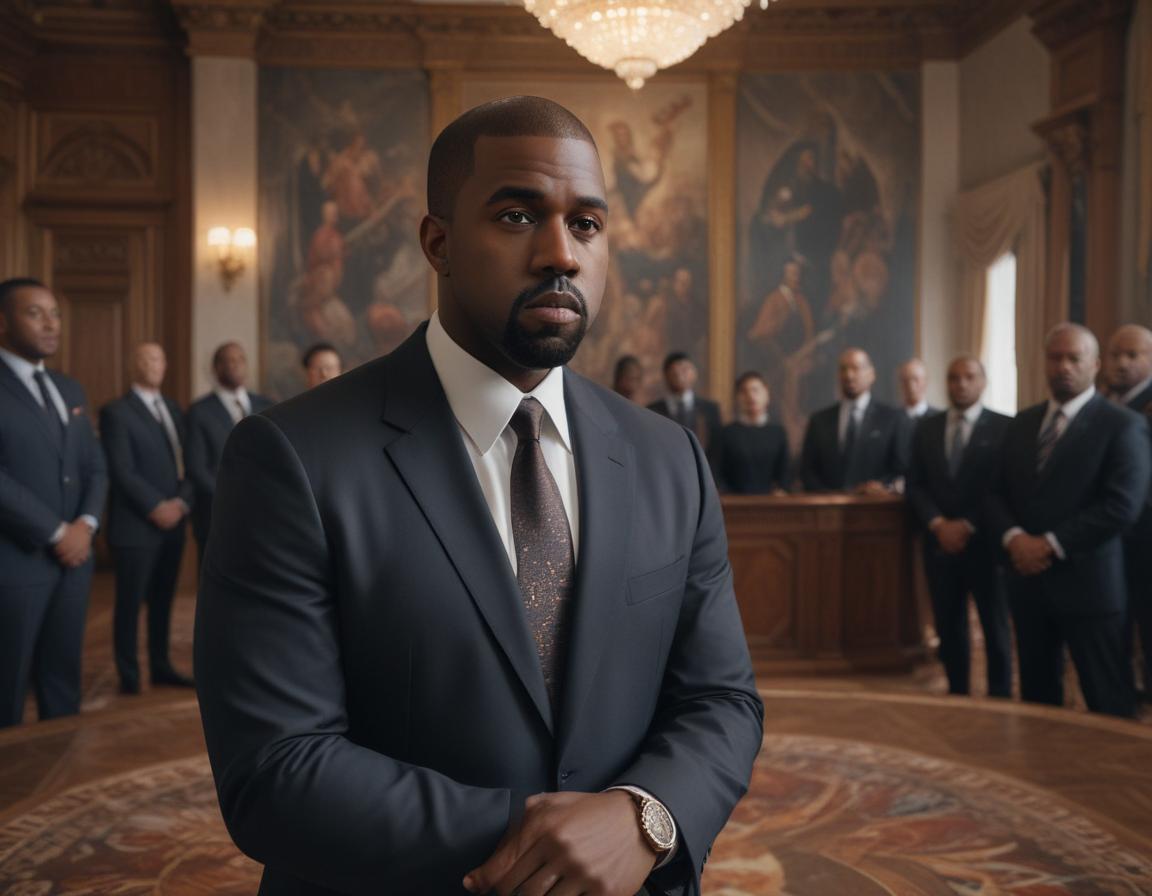
One of Kanye West’s most remarkable political strategies is his ability to bypass traditional media outlets and connect directly with millions of people. Platforms like Twitter, Instagram, and YouTube are Kanye’s tools for engaging his audience, often delivering unfiltered and spontaneous messages.
Timing is crucial in Kanye’s approach. He strategically releases content ahead of major news cycles, ensuring his statements stay front and center in public debate. This direct-to-audience model reflects not only digital-era political activism but also mirrors tactics used by figures like Donald Trump and Alexandria Ocasio-Cortez, who have revolutionized online advocacy.
Though Kanye’s style often veers between sensationalism and meaningful activism, his approach captivates and engages people of all demographics. In a world where traditional journalism struggles to maintain influence, Kanye’s raw messaging offers a glimpse into the future of political communication.
Breaking Free from Political Norms
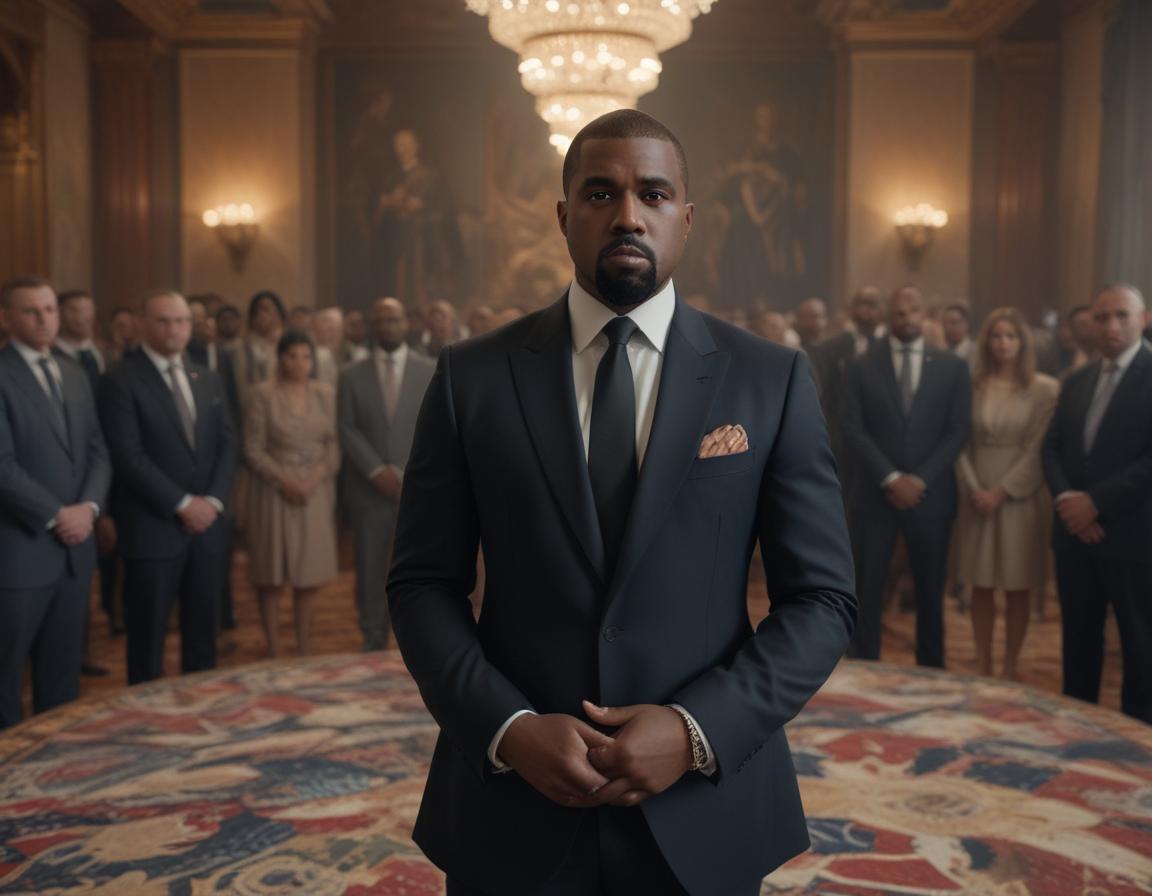
Unlike many celebrities who align with established political parties, Kanye West forges his own path, rejecting traditional alliances in favor of an independent stance. His approach resonates with a generation disenchanted by partisan politics, advocating for forward-thinking ways of addressing societal issues.
Kanye’s refusal to conform to binary political ideologies reflects the complexity of modern voter concerns. He embraces contradictions, raising questions about whether political allegiances hinder progress. By walking this unmarked tightrope, Kanye provokes debates about alternative frameworks for future political engagement.
Could this maverick approach redefine political endorsements? As Kanye reimagines loyalty and disrupts norms, he invites us to consider a landscape that values independent thought above all else.
The Celebrity Activist Paradox
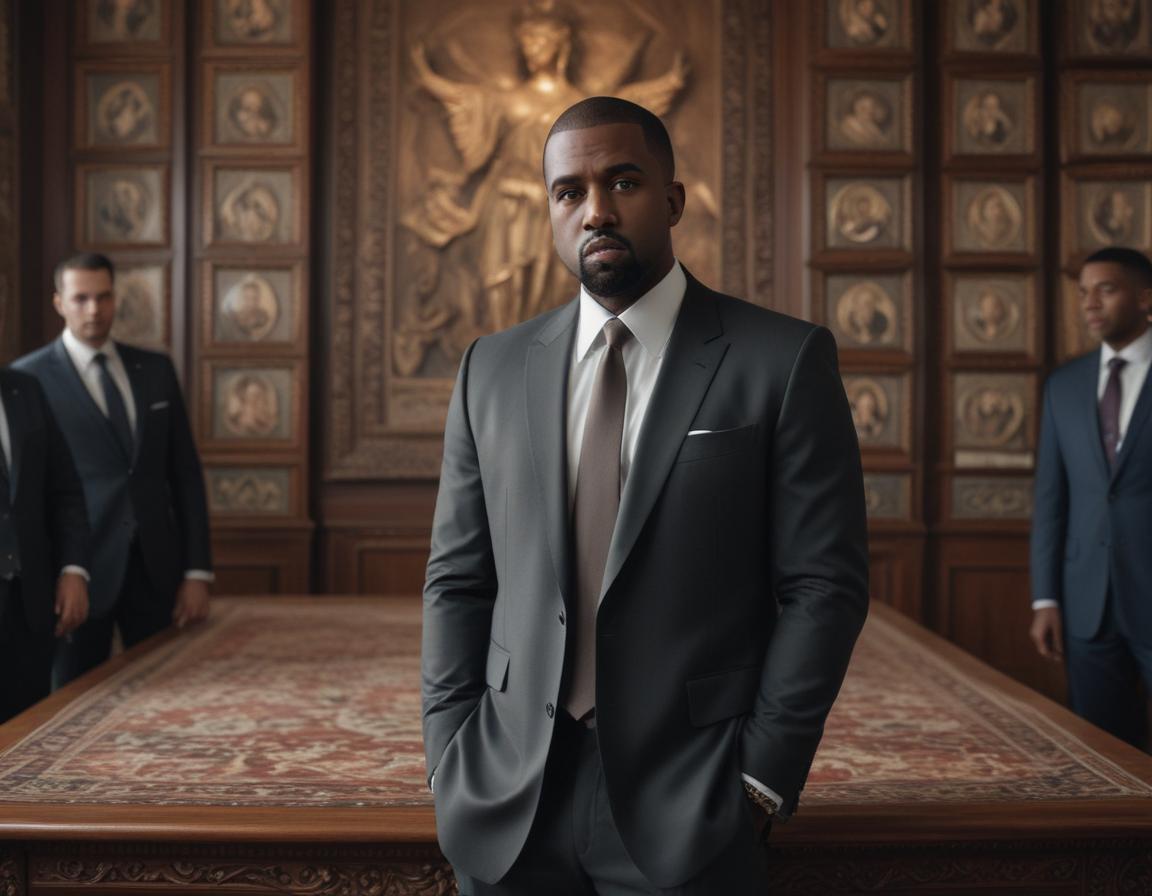
Kanye West’s rise in politics sheds light on the tensions between celebrity influence and meaningful activism. On one hand, his unfiltered style generates excitement and draws younger audiences into political discussions. On the other, the constant spectacle threatens to undermine nuanced discourse.
This paradox—balancing viral appeal with purposeful advocacy—symbolizes the modern challenge of celebrity-driven political movements. The real question remains whether such movements will sustain themselves beyond temporary buzz and inspire tangible collective actions.
Kanye’s influence opens the door for other entertainers to consider political ambitions. As activism and performance art merge in his campaigns, he forces society to rethink its expectations.
Celebrity Influence Shaping Tomorrow
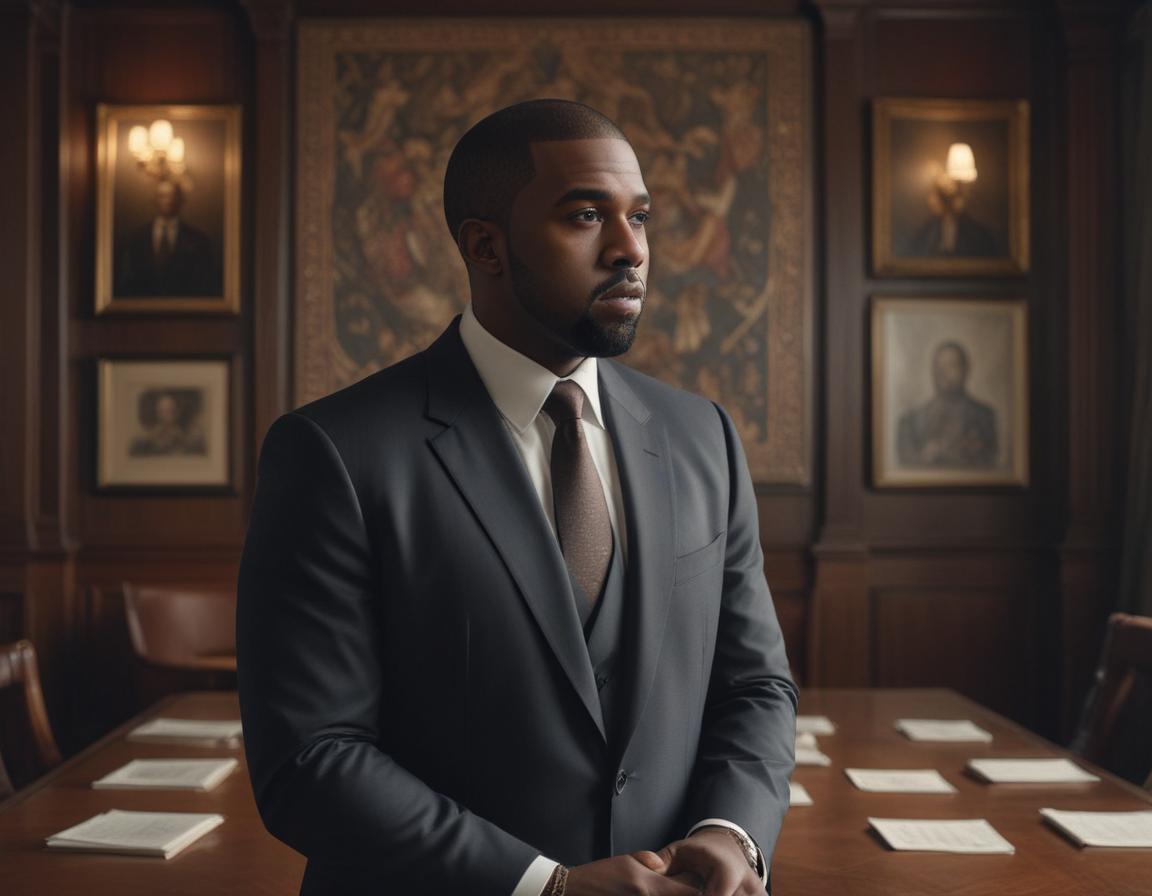
Kanye West represents more than a fleeting headline—he signals the rising convergence between pop culture and governance. His disruption prompts critical dialogue on democracy, power structures, and fame’s role in shaping public consciousness.
Though not without challenges, Kanye’s political trajectory serves as a case study for future celebrity involvement in politics. Could culture-makers become influential leaders who connect with unheard communities? Or will this trend spark a difficult debate about balancing style with substance?
The road ahead is unpredictable, but Kanye’s journey compels society to rethink how we engage civically in an era dominated by influencers and viral moments.
Conclusion
Kanye West’s journey into politics combines controversy, spectacle, and a desire to challenge established norms. Love him or hate him, his approach is shaking up the traditional models of celebrity activism. Kanye has opened a gateway for a broader discussion of transparency, authenticity, and the mechanics of fame within politics—questions our society must continue to ask as celebrity influence grows.

